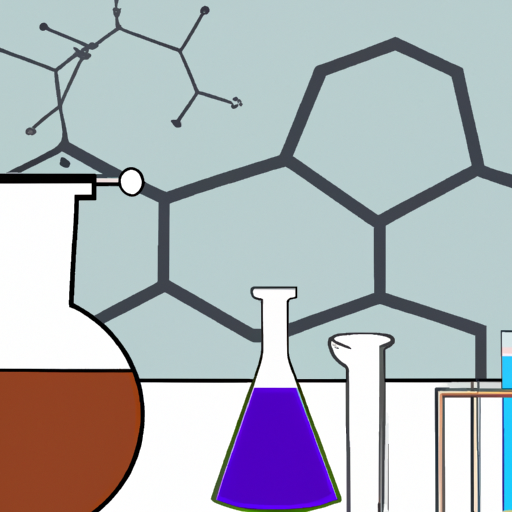
A pH reducer is a chemical solution used to lower the pH level of water in various applications, such as pools, spas, and agricultural settings. Controlling pH is crucial for maintaining water quality and preventing corrosion or scaling issues. The pH scale ranges from 0 to 14, with 7 being neutral. A pH reducer typically contains acids like muriatic acid or sodium bisulfate that neutralize alkalinity, lowering the pH to the desired range.
When adding a pH reducer, it is essential to follow safety precautions outlined on the product label. Proper dosing is key to avoid overacidification, which can lead to equipment damage or skin irritation. Regular testing using pH test strips or electronic meters helps monitor and adjust pH levels as needed. Consultation with a professional is recommended for precise pH management in large-scale or commercial applications.
In conclusion, understanding the function and proper use of a pH reducer is essential for maintaining water balance and ensuring the longevity of equipment and overall system performance. Regular monitoring and adjustment of pH levels contribute to optimal water quality and a safe environment for users.
